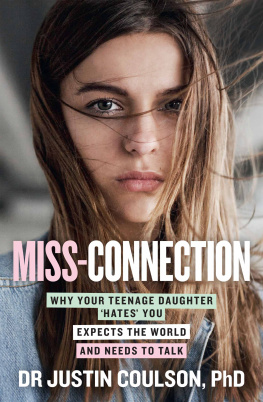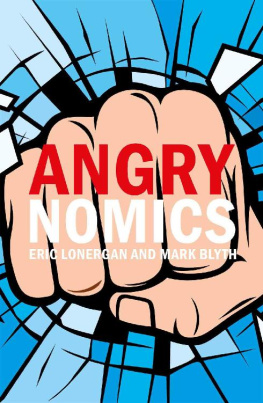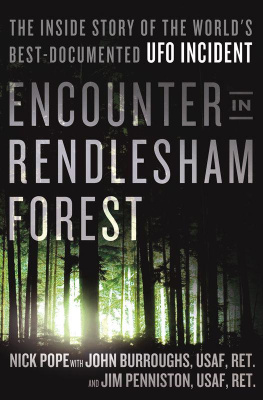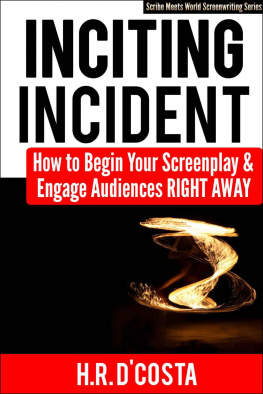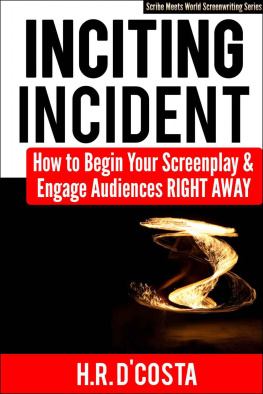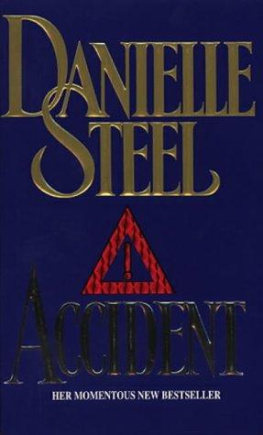Lonergan - Margaret: a screenplay
Here you can read online Lonergan - Margaret: a screenplay full text of the book (entire story) in english for free. Download pdf and epub, get meaning, cover and reviews about this ebook. City: New York (N.Y.);New York (State);New York, year: 2013, publisher: Grove Atlantic;Grove Press, genre: Detective and thriller. Description of the work, (preface) as well as reviews are available. Best literature library LitArk.com created for fans of good reading and offers a wide selection of genres:
Romance novel
Science fiction
Adventure
Detective
Science
History
Home and family
Prose
Art
Politics
Computer
Non-fiction
Religion
Business
Children
Humor
Choose a favorite category and find really read worthwhile books. Enjoy immersion in the world of imagination, feel the emotions of the characters or learn something new for yourself, make an fascinating discovery.

- Book:Margaret: a screenplay
- Author:
- Publisher:Grove Atlantic;Grove Press
- Genre:
- Year:2013
- City:New York (N.Y.);New York (State);New York
- Rating:3 / 5
- Favourites:Add to favourites
- Your mark:
- 60
- 1
- 2
- 3
- 4
- 5
Margaret: a screenplay: summary, description and annotation
We offer to read an annotation, description, summary or preface (depends on what the author of the book "Margaret: a screenplay" wrote himself). If you haven't found the necessary information about the book — write in the comments, we will try to find it.
Margaret: a screenplay — read online for free the complete book (whole text) full work
Below is the text of the book, divided by pages. System saving the place of the last page read, allows you to conveniently read the book "Margaret: a screenplay" online for free, without having to search again every time where you left off. Put a bookmark, and you can go to the page where you finished reading at any time.
Font size:
Interval:
Bookmark:
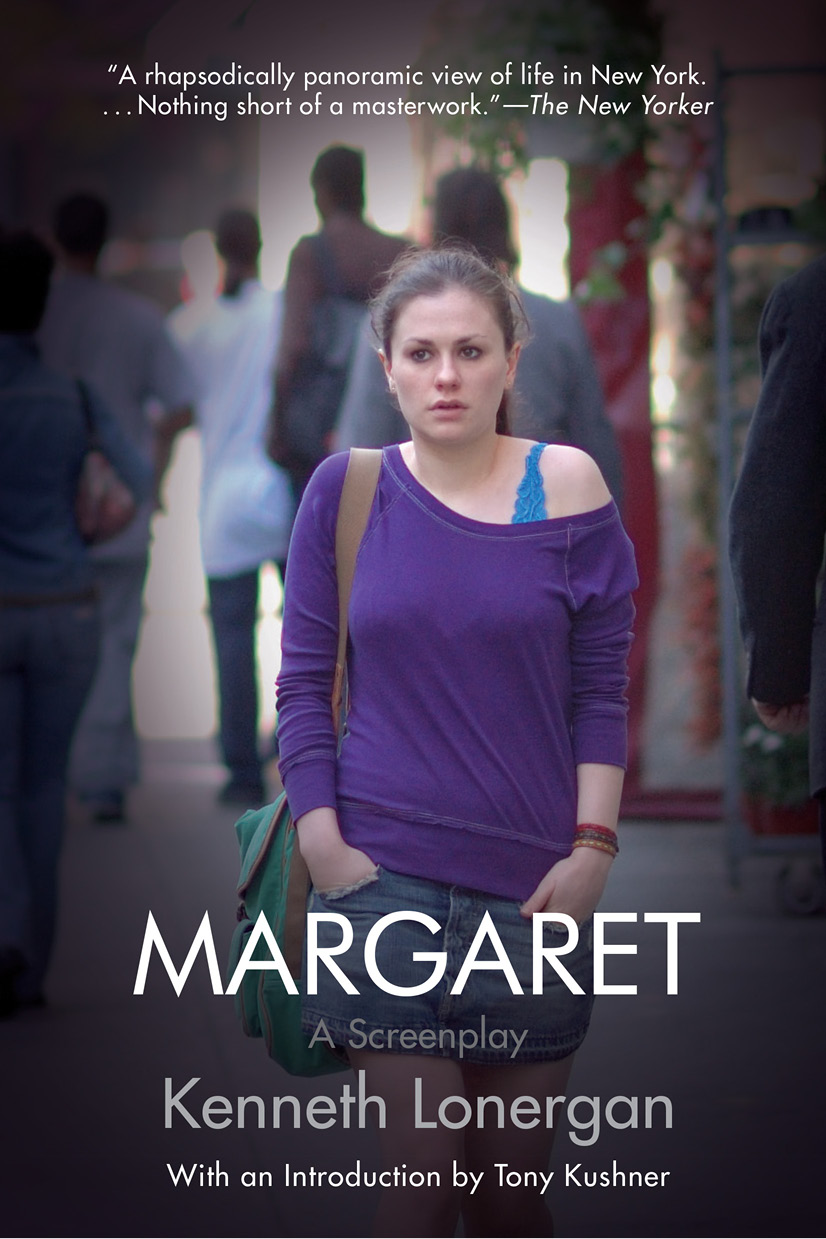 MARGARET Also by Kenneth Lonergan Plays This Is Our Youth The Waverly Gallery Lobby Hero Screenplays You Can Count on Me Kenneth Lonergan MARGARET A Screenplay
MARGARET Also by Kenneth Lonergan Plays This Is Our Youth The Waverly Gallery Lobby Hero Screenplays You Can Count on Me Kenneth Lonergan MARGARET A Screenplay  Grove Press New York Copyright 2013 by Kenneth Lonergan Introduction copyright 2013 by Tony Kushner All rights reserved. No part of this book may be reproduced in any form or by any electronic or mechanical means, including information storage and retrieval systems, without permission in writing from the publisher, except by a reviewer, who may quote brief passages in a review. Scanning, uploading, and electronic distribution of this book or the facilitation of such without the permission of the publisher is prohibited. Please purchase only authorized electronic editions, and do not participate in or encourage electronic piracy of copyrighted materials. Your support of the authors rights is appreciated. Any member of educational institutions wishing to photocopy part or all of the work for classroom use, or anthology, should send inquiries to Grove/Atlantic, Inc., 154 West 14th Street, New York, NY 10011 or .
Grove Press New York Copyright 2013 by Kenneth Lonergan Introduction copyright 2013 by Tony Kushner All rights reserved. No part of this book may be reproduced in any form or by any electronic or mechanical means, including information storage and retrieval systems, without permission in writing from the publisher, except by a reviewer, who may quote brief passages in a review. Scanning, uploading, and electronic distribution of this book or the facilitation of such without the permission of the publisher is prohibited. Please purchase only authorized electronic editions, and do not participate in or encourage electronic piracy of copyrighted materials. Your support of the authors rights is appreciated. Any member of educational institutions wishing to photocopy part or all of the work for classroom use, or anthology, should send inquiries to Grove/Atlantic, Inc., 154 West 14th Street, New York, NY 10011 or .
Printed in the United States of America Published simultaneously in Canada ISBN: 978-0-8021-2193-6 eBook ISBN: 978-0-8021-9298-1 Grove Press an imprint of Grove/Atlantic, Inc. 154 West 14th Street New York, NY 10011 Distributed by Publishers Group West www.groveatlantic.com 13 14 15 16 10 9 8 7 6 5 4 3 2 1 For J. Margare t : An Introduction
by Tony Kushner Kenny Lonergans Margaret , in its two film versions and now this screenplay, is enormously engaging and hugely entertaining. Its story unfolds on the printed page through dialogue that must occasion admiration, envy, and despair in every writer (or in me, at any rate) who tries to enlist the sounds and shapes of spontaneous utterance in creating music and meaning. On screen, Lonergans magnificent script is married to achingly beautiful cinematography and that rare thing, an ensemble that is flawlessly, communally attuned to the films subtle, ambivalent, complex, often-self-contradictory characters and the brilliantly observed world they inhabit. Margaret needs nothing more to recommend it as a great film than the way it so splendidly traces the difficult progress from adolescence towards adulthood, from heedless self-regard towards responsibility and connectedness.
So why introduce it? I was asked to do it by its writer and director, both of whom I greatly admire. How could I refuse? If an introduction is meant to encourage a potential reader, I hope Ive done enough of that in the preceding paragraph, and perhaps I should stop here. But it seems to me that Margaret is one of those works of art possessed of a force that cant be accounted for by inventorying its many virtues, a force the unruly energy of which threatens the works perfection. So Ive taken this introduction as an opportunity to consider what makes Margaret so singular and unforgettable. Margaret isnt a perfect film; its much better than that. Margaret is perfectly disturbing.
After a brief sampling of scenes from its teenage protagonist Lisa Cohens everyday and rather ordinary life, a shocking event occurs in which Lisa is involved. Its violent and bloody, and it results in a woman dying. Its a little startling how immediately and abruptly Lisa and her family step back into everyday routine following the traumatic incident. We wait for the trauma to return, as we know it must. But Margaret , relishing rather than editing out the messiness of life, doesnt schematize the journey from repression and denial towards awareness for the sake of constructing an easily traceable dramatic arc. The progress we hope Lisa is making towards assimilation, or some kind of negotiated peace, is cloudy, dodgy, nuanced, and not in any sense assured or certain.
For one thing, the return of the repressed has to wage an ongoing fight with the everyday for time and space, a battle that lasts till the end of the story. Lisa has experienced something horrendous, but other stuff is happening and continues to happen: Her divorced mother has a big success as an actress and starts dating someone seriously; Lisa attends classes and parties, gets asked out on a date, speaks to her father on the phone as she prepares to go on a vacation with him. The world, and the films narrative structure, refuse to stop distracting us from Lisas psychic journey, but external intrusions arent the main source of our difficulty. The longer we watch Lisa struggle to find a way through the moment of horror shes stumbled into, the less confident we become about what sort of struggle were watching. Is Lisa struggling to process the trauma, or is she struggling to experience it? Monica, the woman who dies in Lisas arms, is a stranger; then again, I know of few scenes in film or onstage more intense than the two minutes or so Lisa spends with Monica before she dies. The nature of Lisas connection to the dead stranger is something we, and Lisa herself, are left to guess at.
We parse her subsequent behavior for clues, but weve spent only a little more time with Lisa than Lisa spends with Monica before Lisa is covered with Monicas blood, the blood of a woman for whose hideous demise she bears some responsibility. For the rest of the film, we feel that much of Lisas misbehavior, miscalculations, manipulations, and mercurial emotionality is attributable to the guilt and grief that are fighting their way past her denials and into her consciousness and conscience, but to what extent? None of the people who theoretically know her well ascribe the often rude, hurtful, selfish things she does to the accidents aftermath. If her family, friends, or teachers feel shes behaving any worse than usual, they dont say it. Is she acting out because shes in mourning? Or is she using the mourning she should be feeling opportunistically? Is she mourning, or play-acting? Lisas an adolescent, and anyone whos spent time with one or remembers being one knows that theres no time of life more impossible than adolescence to distinguish with certainty whats real and whats performance. Alternating between vulnerability, naivety, dependency, transparency, legibility, honesty, and the unpleasant opposites of all those things, adolescents torment themselves and those in proximity to them, generating mutual irritation, if not to say raw antagonism. More than merely provoking us, adolescents pose a threat to our own sense of authenticity.
Their unceasing, baffling fluctuations, from innocent ingenuousness to posturing and back again, infect us with doubt. We start to question whats real and whats performed in ourselves. Since adolescence is a crucible weve all passed through, we know it ends; films about teenagers reassure of this fact, affording us relief tinged with a pleasant, nostalgic sadness for lost passion, pain, and incredible skin tone. But Lonergans Lisa is not just any teenager. Shes a traumatized, grieving, extremely bright, beautiful teenage daughter of an actress. Lisa is a handful, simultaneously recognizable and unknowable, familiar and strange, and Margaret an uncanny film.
Thats another strange thing about Margaret : Its about a girl named Lisa. Lisa gets to star in her own movie, but not eponymously. That honor has been stolen from her by a much younger girl, whose tears for an autumn leaf-fall more than a hundred and fifty years ago inspired a remarkable and peculiar poem from Gerard Manley Hopkins, convert to Catholicism and a Jesuit (theres a theological discussion to be had about Margaret , but to wander into it would be to overstay my welcome). In the film we hear and get to watch Lisa listen to the poemthe full text of which is in this version of the screenplay on page 152. The poet begins by asking the young girl, Margaret, who it is shes mourning for; he concludes by answering his question, and his answer is Margaret. When John, Lisas teacher, finishes reading the poem, he provides another example of the prodigiously improbable task of teaching anything, or of knowing what youre teaching, that accumulate throughout the film.
Next pageFont size:
Interval:
Bookmark:
Similar books «Margaret: a screenplay»
Look at similar books to Margaret: a screenplay. We have selected literature similar in name and meaning in the hope of providing readers with more options to find new, interesting, not yet read works.
Discussion, reviews of the book Margaret: a screenplay and just readers' own opinions. Leave your comments, write what you think about the work, its meaning or the main characters. Specify what exactly you liked and what you didn't like, and why you think so.



